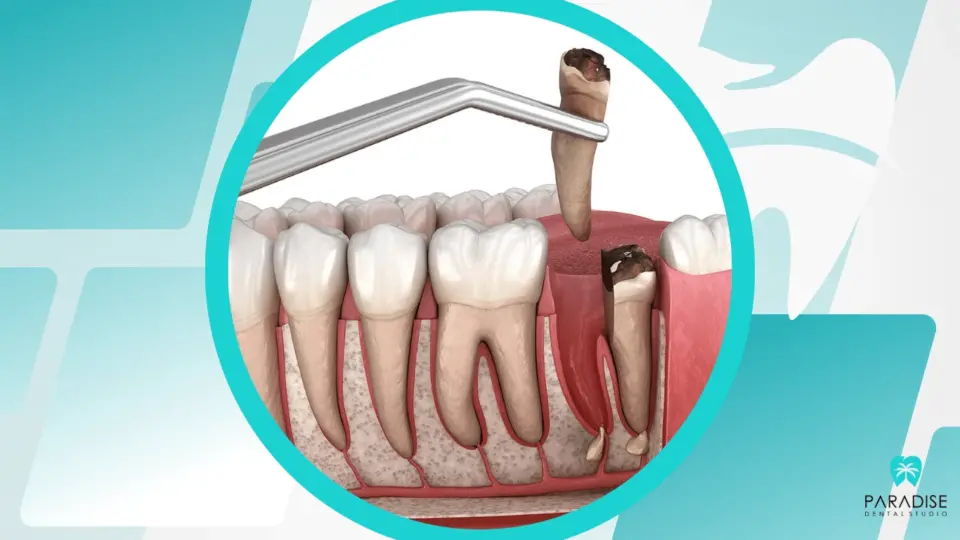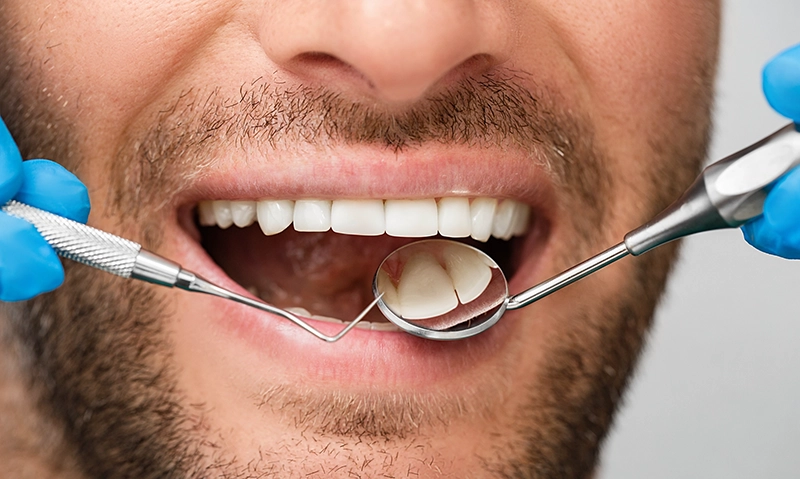Dental implants are transforming the way we approach oral health, offering a reliable, long-lasting solution for missing teeth. As advancements in technology and techniques continue to evolve, implants are no longer just a luxury—they’re becoming an accessible and life-changing option for many.
In this exploration of the future of dentistry, we’ll take a closer look at how dental implants are reshaping smiles, improving overall health, and setting new standards in dental care. From innovative materials to cutting-edge procedures, the field is moving faster than ever, making treatments safer, more efficient, and more natural-looking.
Whether you’re considering implants yourself or simply curious about their growing impact, this deep dive will help you understand why they’re not just a trend but a cornerstone of modern dentistry. Let’s explore how science is bringing better smiles and better lives within reach.
What are the latest advancements in dental implant technology?
Recent advancements in dental implant technology have significantly improved treatments’ effectiveness, comfort, and precision. Some of the latest innovations include:
- 3D Imaging and Computer-Guided Implant Placement: With 3D cone beam CT scans and computer-assisted design, dentists can now map out the exact placement of implants with high accuracy. This technology allows for better planning, reduces the risk of complications, and ensures optimal outcomes.
- Mini Dental Implants: These smaller implants are designed for patients with less bone density or limited space for traditional implants. They are less invasive, often requiring no bone grafting, and offer quicker healing times.
- Laser-Assisted Implant Placement: Lasers perform soft tissue and bone procedures with minimal discomfort, reduced bleeding, and faster healing. Laser technology allows for greater precision, making the implant process less invasive.
- Implant Materials and Coatings: New materials such as zirconia (a tooth-colored ceramic) and advanced titanium alloys offer more aesthetic options and enhanced strength. Surface coatings, like hydroxyapatite, improve the integration of implants with the bone, leading to faster osseointegration.
- Robotics in Implant Surgery: Robotic-assisted technology allows for greater precision during implant surgeries. Robots can assist with drilling, reducing human error and ensuring better placement.
These advancements improve dental implant procedures’ safety, success, and patient experience.
How long do dental implants typically last?
Dental implants are designed to be a long-lasting solution for replacing missing teeth, and with proper care, they can last 25 years or more. The titanium post that is surgically placed into the jawbone integrates with the bone in a process called osseointegration, which provides a stable foundation for the replacement tooth.
The implant’s durability is often considered permanent, making it one of the most reliable options for tooth replacement. However, the longevity of the restoration (crown, bridge, or denture) attached to the implant can vary, typically lasting between 10 to 15 years before it may need replacement due to wear and tear.
Factors that influence the lifespan of dental implants include oral hygiene, regular dental check-ups, and lifestyle habits such as smoking or teeth grinding. Proper care and maintenance, such as brushing, flossing, and avoiding harmful habits, can significantly extend the implant’s life and restoration.
Additionally, the bone quality and the dentist’s expertise during the implant procedure play key roles in the overall success and longevity of the implant. Regular monitoring ensures that potential issues are addressed early, maintaining the implant’s functionality for years.
Are dental implants painful?
Dental implants are generally not painful, as the procedure is performed under local anesthesia, ensuring patients remain comfortable. After the anesthesia takes effect, patients typically feel no pain during the surgery.
Some discomfort, swelling, and mild bruising may occur post-surgery, similar to the recovery process after tooth extraction, but these symptoms usually subside within a few days. Over-the-counter pain relievers are often sufficient to manage any discomfort, and most patients find that they can resume their normal activities within a few days after the procedure.
The most significant discomfort associated with dental implants comes during the healing period, especially after the initial surgery to place the implant post into the jawbone. This is when the body goes through the osseointegration process, where the implant fuses with the bone.
While the healing process is typically smooth, some people may experience temporary soreness or tenderness around the implant site. The pain is usually mild and can be managed with prescribed pain medications, ice packs, and rest. Your dentist will provide detailed post-operative care instructions to help minimize discomfort and ensure a smooth recovery.
What is the cost of dental implants?
The cost of dental implants can vary widely depending on several factors, including the dental practice’s location, the procedure’s complexity, and the type of implant used—a single dental implant costs from $1,500 to $3,000 for the implant post itself.
However, additional costs for the abutment (the connector piece) and the crown (the artificial tooth) can bring the total cost of a single implant to between $3,000 and $6,000 or more. If bone grafting or sinus lifting is required to prepare the jawbone for the implant, these additional procedures can further increase the cost.
While dental implants may seem expensive, they offer a long-term solution compared to other tooth replacement options like dentures or bridges, which may need to be replaced over time. Insurance coverage for dental implants can vary, with many policies covering part of the cost or offering reimbursement for certain procedures.
Some dental offices also offer financing plans or payment options to help manage the costs. Ultimately, dental implants’ long-term benefits and durability often make them a worthwhile investment for patients seeking a permanent, reliable solution for missing teeth.
Explore the Future of Dentistry with Dental Implants
Explore the future of dentistry with dental implants at Paradise Dental Studio of Fort Lauderdale. Our advanced implant technology offers a permanent solution for missing teeth, restoring functionality and aesthetics.
Whether you’re looking to replace a single tooth or need full-mouth restoration, dental implants provide a durable and natural-looking option that enhances your smile and confidence.
Paradise Dental Studio uses state-of-the-art techniques and personalized care to ensure optimal results. Our experienced team will guide you through every step, from consultation to post-procedure care, helping you achieve a healthier, more vibrant smile. Discover the future of dental care today!


